US, EU, Britain, Canada impose sanctions on Belarus over Ryanair incident
The United States, the European Union, Britain, and Canada have imposed new sanctions on Belarusian entities and officials in a coordinated response to the grounding of an intra-EU flight in Minsk last month.
The quartet asked the administration of President Alexander Lukashenko to cooperate with international investigations into the diversion of the Ryanair passenger plane heading from Greece to Lithuania on May 23 and the arrest of dissident figure Roman Protasevich, and a female companion, who were on the plane.
“We are united in our deep concern regarding the Lukashenko regime’s continuing attacks on human rights, fundamental freedoms, and international law,” the EU, the US, Britain, and Canada said in a joint statement on Monday.
“We are united in calling for the regime to end its repressive practices against its own people,” they said.
The EU on Monday targeted 78 officials and entities, including the Belarusian defense and transport ministers and its air force commander as well as judges and lawmakers, with travel bans and asset freezes.
The latest measures bring to 166 the number of the Belarusian individuals hit by EU sanctions since last year’s elections.
Meanwhile, Washington blacklisted 16 people and five entities, including Lukashenko’s press secretary and the chairperson of the Council of the Republic of the National Assembly, the Belarusian Parliament’s upper house, said the US Treasury Department on Monday.
Britain imposed sanctions on several senior Belarusian officials and entities on Monday, including the London-registered BNK (UK) Ltd, which negotiates contracts for exports of Belarusian oil products.
Belarusian opposition figure Sviatlana Tsikhanouskaya welcomed the new measures. “The European Union decided they deserve these sanctions,” she told reporters in Brussels on Monday. “I agree... We have to end the situation in our country.”
EU leaders are set to discuss giving political approval on Thursday to provisionally-agreed sanctions on Belarus’ oil, finance, potash, and tobacco sectors.
“We have to tighten the thumbscrews after this callous action of state air piracy,” Austria’s Foreign Minister Alexander Schaller told reporters in Luxembourg on Monday.
The Ryanair plane had to make an emergency landing at Minsk International Airport following a reported bomb threat that proved to be false later. A MiG-29 fighter was scrambled to escort the airliner.
Belarusian law enforcement forces detained Protasevich, the co-founder of a Telegram channel that is viewed as extremist by the Belarus government, as well as a female companion identified as Sofia Sapega, after the plane was diverted to the Minsk airport.
Belarus’ state TV said that Protasevich had confessed to organizing “riots.”
European states accused Belarus of using the fake bomb scare as a pretext to ground the plane and arrest the opposition figure. Minsk rejects the allegations. It has even published the script of its air traffic controllers' conversation with the pilot of the Ryanair flight to prove that there was no pressure on the crew to land in Minsk.
The EU has been at odds with Belarus since the presidential election in August last year, which Lukashenko won. His main political opponent, Tsikhanouskaya, rejected the official results of the vote and claimed there had been voter fraud. Western governments came out in her support, repeating the allegations of vote rigging.
The EU announced on September 15 that it did not recognize Lukashenko as the legitimate president of Belarus.
Lukashenko has rejected allegations that his government tampered with votes, blaming Western countries for orchestrating the demonstrations that followed the vote and conspiring to oust his government.
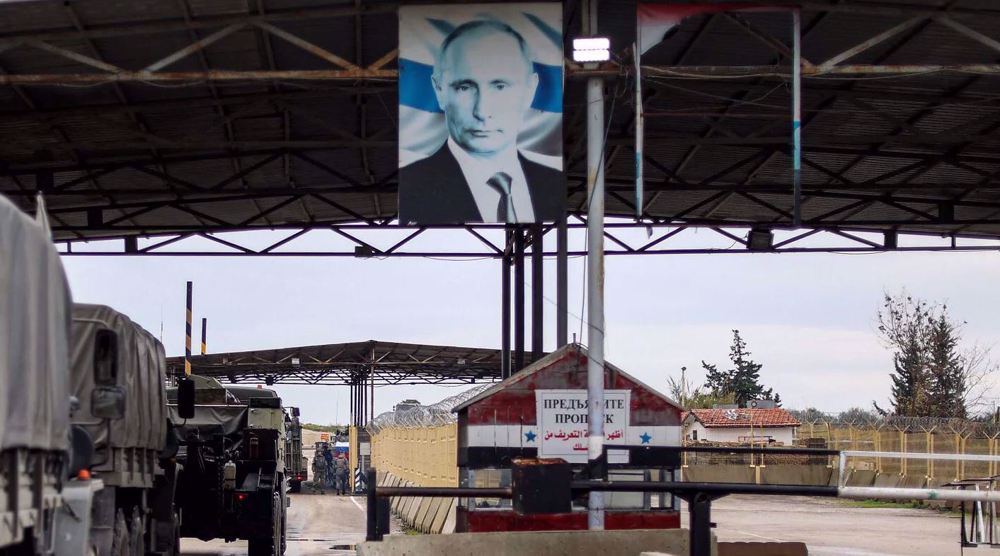
Israelis push for Russia to keep Syria bases, want Damascus 'weak, divided': Report
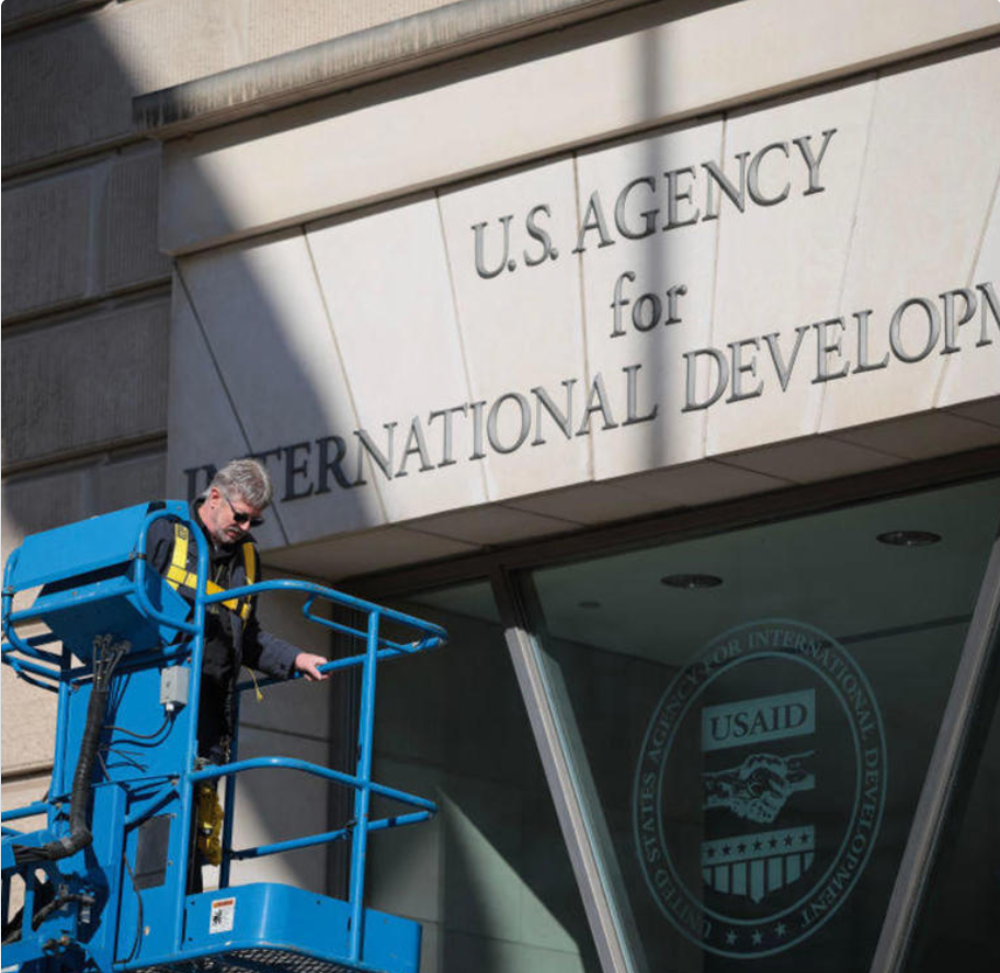
US terminates support for Ukraine energy grid restoration
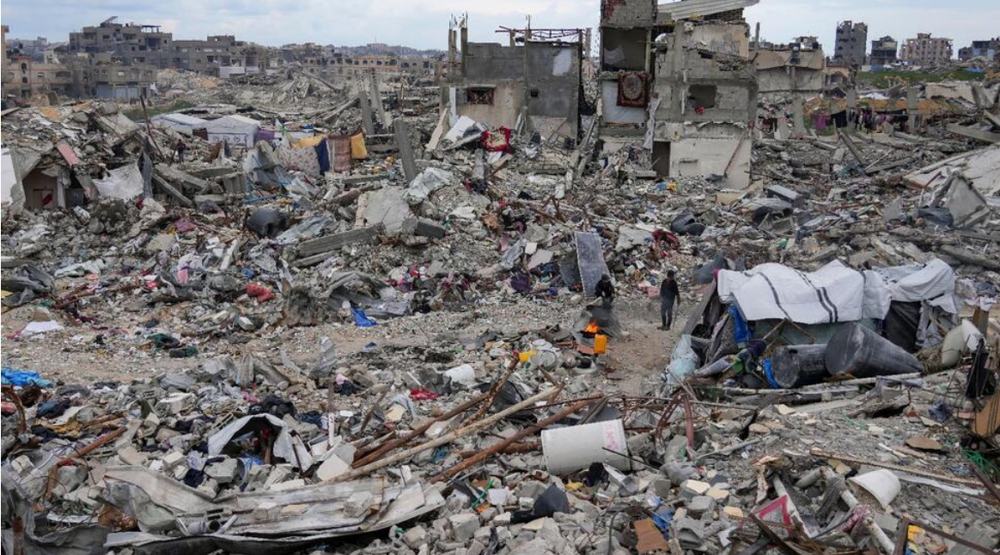
Skipping US Congress, Trump approves $3b in arms sales to Israel
UN rights official: Israeli occupation of Golan Heights destabilizes security
Hunger, disease loom for Rohingya refugees in Bangladesh amid Trump's aid cuts: UN
Hamas rejects Israel’s proposal to extend phase one of Gaza ceasefire
Explainer: How can Iran help South Africa advance its civilian nuclear program?
The importance of creative industry in Iran’s future
Israelis push for Russia to keep Syria bases, want Damascus 'weak, divided': Report
US terminates support for Ukraine energy grid restoration
Israeli soldiers stole ‘mountains’ of cash and gold from Gaza, Lebanon, and Syria: Report


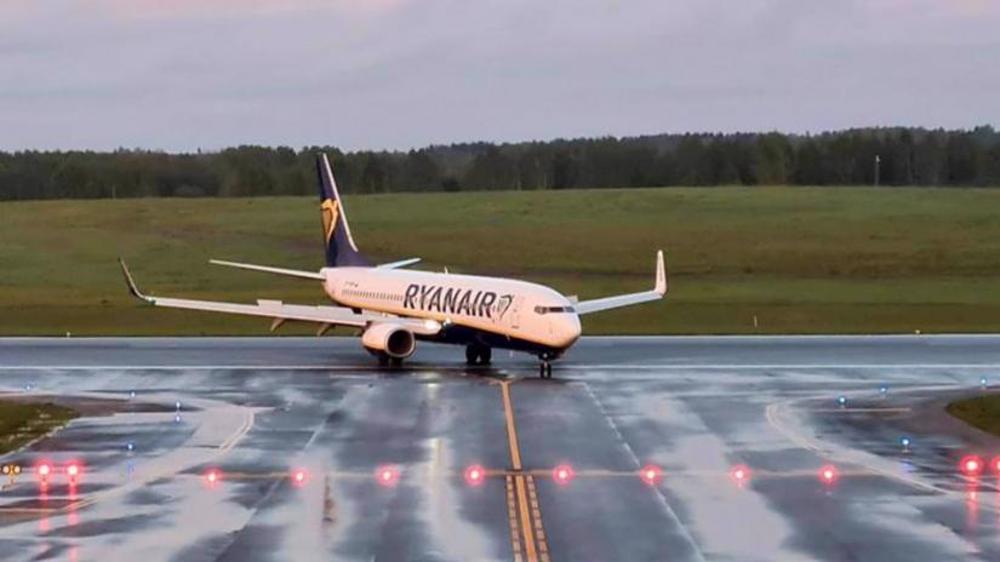




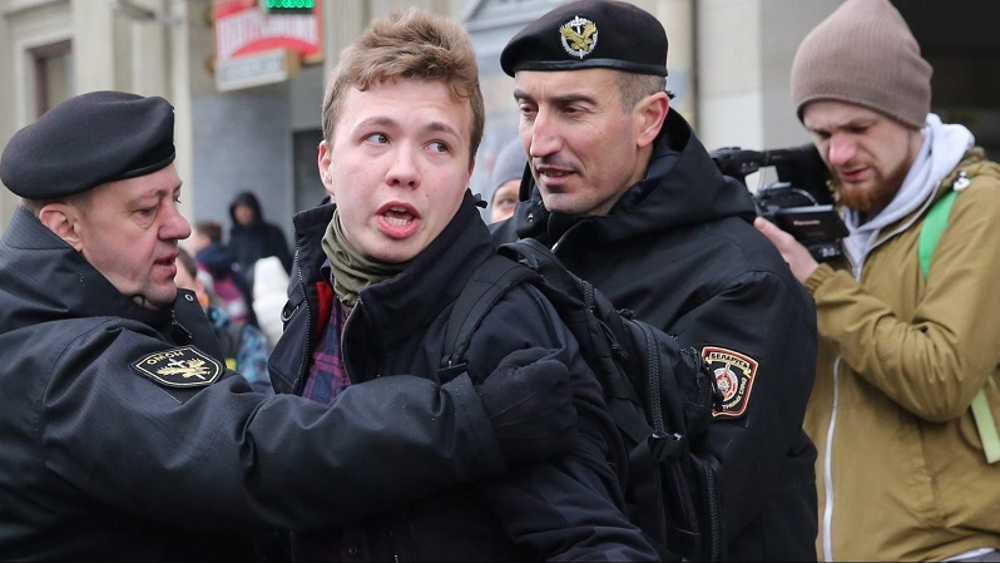

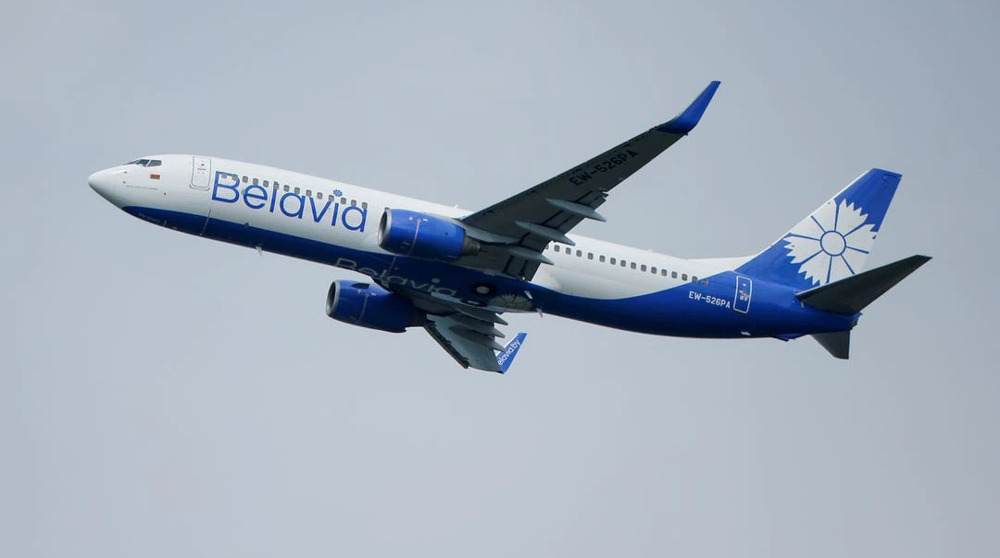

 This makes it easy to access the Press TV website
This makes it easy to access the Press TV website